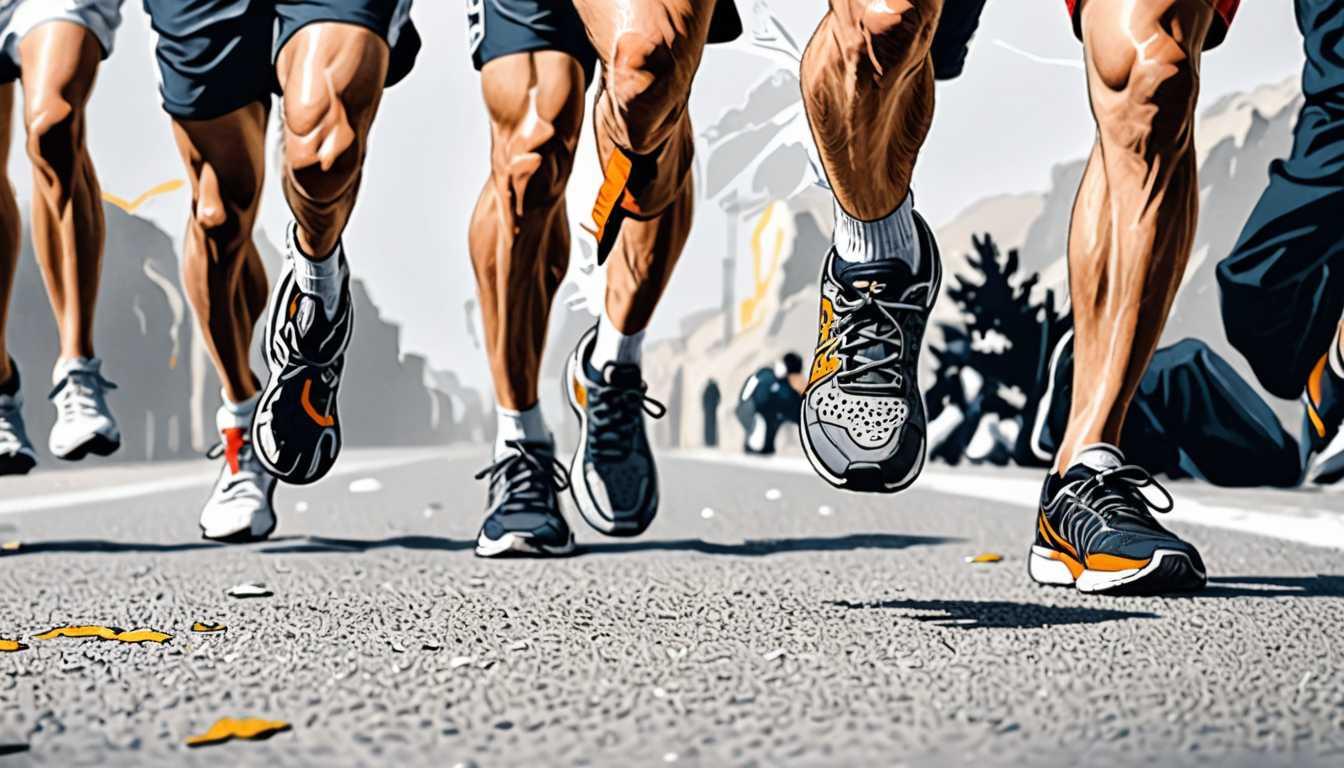Sweat Secrets: Cells in Action
June 2023
Stanford University
Introduction
Dive into the world of sweat and science with Stanford University's latest discovery: how our cells throw a fitness party when we exercise! Imagine tiny cellular DJs pumping out health-boosting molecules, potentially revolutionizing how we tackle obesity, heart disease, and diabetes. With a novel technique, researchers are now spying on these elusive exercise factors, uncovering the secret life of cells in a workout. Ready to explore how hitting the gym could be your next prescription? Let's get moving!
READ FULL ARTICLEWhy It Matters
Discover how this topic shapes your world and future
Flexing the Power of Exercise
Ever wondered why after a jog, you feel like a million bucks? Or why doctors always advise a brisk walk to keep the doctor away? It's all about the tiny, bustling world inside you, responding to every move you make. When you exercise, your body isn't just burning calories; it's conducting a symphony of cellular activities that could rival any blockbuster movie. Picture this: various cells in your body start producing special molecules that could potentially shield you from diseases like obesity, heart disease, and diabetes, and even boost your athletic prowess. This isn't just cool; it's groundbreaking. The implications are vast, stretching from the personal—like improving your health and performance—to the global, by possibly reducing the prevalence of chronic diseases. Imagine a world where a jog could be as precise and targeted in its health benefits as taking medicine. That's the future we're jogging towards, and it's why understanding how our bodies respond to exercise at the cellular level is not just interesting, it's essential.
Speak like a Scholar
Exerkines
These are special molecules produced by cells when you exercise. Think of them as tiny messengers that tell your body, ""Hey, let's get healthier!""
Cell metabolism
This is all about how cells use and produce energy. When you exercise, this process kicks into high gear, changing the way cells behave and communicate.
Pharmacological
Related to pharmacy and medicines. Researchers are exploring how the benefits of exercise can be captured in pill form, making exercise's health benefits as easy to take as medicine.
Carboxylesterase
A family of proteins that, when released by liver cells after exercise, can help resist weight gain and improve endurance—essentially, natural health boosters.
Pdgfra cells
A type of cell that responds significantly to exercise, found in various tissues and organs. They're like the unsung heroes of the cellular response to working out.
Metabolic health
This refers to how well your body processes food for energy and eliminates waste. Good metabolic health means a lower risk of diseases like diabetes and obesity.
Independent Research Ideas
The symphony of cells
Investigate how different types of cells 'talk' to each other during exercise. This could uncover new ways to mimic the benefits of exercise without moving a muscle.
Pills vs. pavement
Explore the potential of creating medicine that simulates exercise's health benefits. This could revolutionize how we treat chronic diseases and understand pharmaceuticals.
The unsung heroes
Dive into the mysterious world of Pdgfra cells. Why do they respond so dramatically to exercise? Unraveling this could lead to breakthroughs in treating various health conditions.
The liver's secret
Investigate why the liver, specifically, releases beneficial proteins after exercise. This could open new doors to enhancing endurance and metabolic health without traditional exercise.
A molecular marathon
Study the changes in protein expression in various tissues before and after exercise. This could help us understand the widespread effects of physical activity on the body, potentially leading to targeted treatments for health issues.
Related Articles

Gut Wars: Bacteria's Battle Strategy
December 2023
University of Oxford

Itch Mystery: Bacteria Unveiled
November 2023
Harvard University

Gut's Second Brain: Saving Babies
August 2023
Stanford University

Sweat Science: Exercise vs. Inflammation
November 2023
Harvard University

Viruses: Humanity's Tiny Saviors?
May 2023
MIT Technology Review